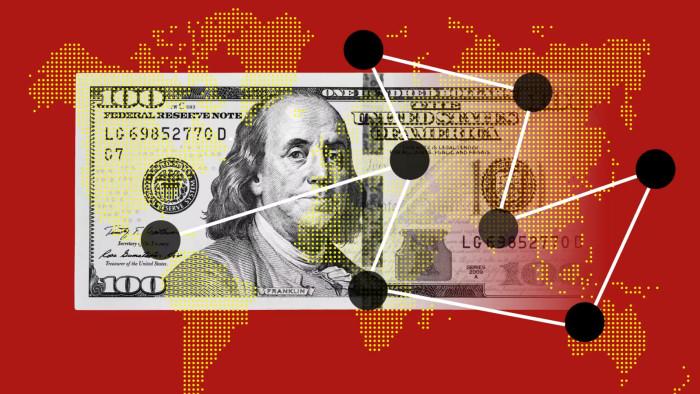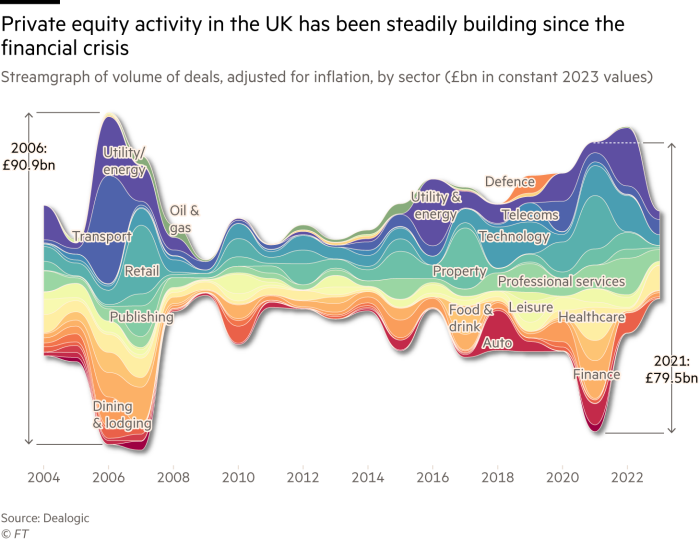
This article is an onsite version of our FirstFT newsletter. Subscribers can sign up to our Asia, Europe/Africa or Americas edition to get the newsletter delivered every weekday morning. Explore all of our newsletters here
Good morning and happy Friday. Today we’re covering:
But first, Amazon is planning to launch a new direct-from-China discount section, mirroring the business models of its rivals Temu and Shein.
In a recent meeting with top Chinese sellers, the US group outlined the new channel, which aims to airship goods to American shoppers from warehouses in China, according to a presentation seen by the FT.
Amazon plans to include the new section on the homepage of its app and deliver the ultra-low-cost goods in nine to 11 days, the presentation said. The US group’s rush into offering cheap goods directly from China comes as it faces mounting competition from Temu and Shein.
Temu, owned by PDD Holdings, and China-founded Shein have perfected business models that rely on Chinese merchants shipping goods to warehouses in southern China which are then shipped overseas via cargo planes.
Here’s more on Amazon’s plans — and why the direct-from-China model is under scrutiny in the US.
And here’s what I’m keeping tabs on today and over the weekend:
-
Biden-Trump debate: The first debate of the US presidential election begins at 9pm local time (9am HKT). Here’s what to expect — and follow along with our live coverage.
-
Iran: The country holds a snap presidential vote today five weeks after president Ebrahim Raisi was killed in a helicopter crash. The election has sparked a fierce debate over participation in the country’s tightly controlled political system.
-
Mongolia: Today’s parliamentary elections will be the first since the body expended to 126 seats. (AP)
-
Vietnam economy: June consumer price index, trade balance and industrial output data are due on Saturday, along with second-quarter growth figures.
-
France: Voters head to the ballot box on Sunday in the first round of a high-stakes parliamentary election. The latest polls show Marine Le Pen’s far-right Rassemblement National on course to win the most seats.
How well did you keep up with the news this week? Take our quiz.
Five more top stories
1. Thousands of Chinese tech workers are struggling to obtain Indian visas, highlighting a potential hurdle for Narendra Modi’s “Make in India” manufacturing drive. India in 2020 put in place some of Asia’s strictest curbs on Chinese business amid tensions with Beijing.
2. EU leaders have endorsed a second five-year term for Ursula von der Leyen as European Commission president. Von der Leyen must now win a majority in the European parliament to secure her position.
3. Exclusive: The US, Israel and Ukraine are in talks to supply Kyiv with up to eight Patriot air defence systems, dramatically improving its ability to counter Russian air strikes. While not finalised, the arrangement would mark a shift in Israel’s relations with Moscow.
4. Two Adidas employees in China have left the sportswear company after it found evidence of wrongdoing during an investigation into corruption claims. The ongoing investigation into a whistleblower’s allegations that senior staff had embezzled “millions of euros” comes as Adidas tries to reboot sales in China.
5. Online comics platform Webtoon Entertainment, South Korea’s latest successful cultural export, has started trading on the Nasdaq. The Los Angeles-based group controlled by South Korean internet giant Naver priced its US initial public offering at the top of its marketed range to value the company at $2.7bn.
FT Investigation

In the latest FT investigation, high-ranking law enforcement officials in the US and Europe reveal how Chinese organised crime groups are laundering money for Mexican drug cartels, fuelling the deadly fentanyl crisis that is killing thousands of Americans each month.
We’re also reading . . .
-
Japan’s new banknotes: An army of vending machines is defying the drive towards cashlessness, writes Leo Lewis. But recalibrating these machines to accept the new notes will be expensive.
-
TDK’s AI push: Once known for its cassette tapes, the Japanese group transformed itself into the world’s largest supplier of handset batteries. Now it’s vying for a piece of the artificial intelligence market.
-
Lebanon’s ‘dead zone’: Over months of simmering conflict with the Hizbollah militant group, Israeli attacks have made much of a 5km-wide strip of land uninhabitable.
Chart of the day
Nowhere in the world have private equity firms found a more welcoming playground than in Britain, with deals making up a greater share of the economy than in the US over the past two decades. Here’s how private equity has shaped the UK economy.

Take a break from the news
What’s the best seat in a restaurant? For many, it’s at the counter of a fashionably open kitchen, intended so you can experience the fire and knives of service. But food writer Tim Hayward argues that to find the true heart of any restaurant, you must follow the smokers out back by the bins.

Additional contributions from Tee Zhuo and Gordon Smith
Recommended newsletters for you
One Must-Read — Remarkable journalism you won’t want to miss. Sign up here
Sort Your Financial Life Out — Learn how to make smarter money decisions and supercharge your personal finances with Claer Barrett. Sign up here